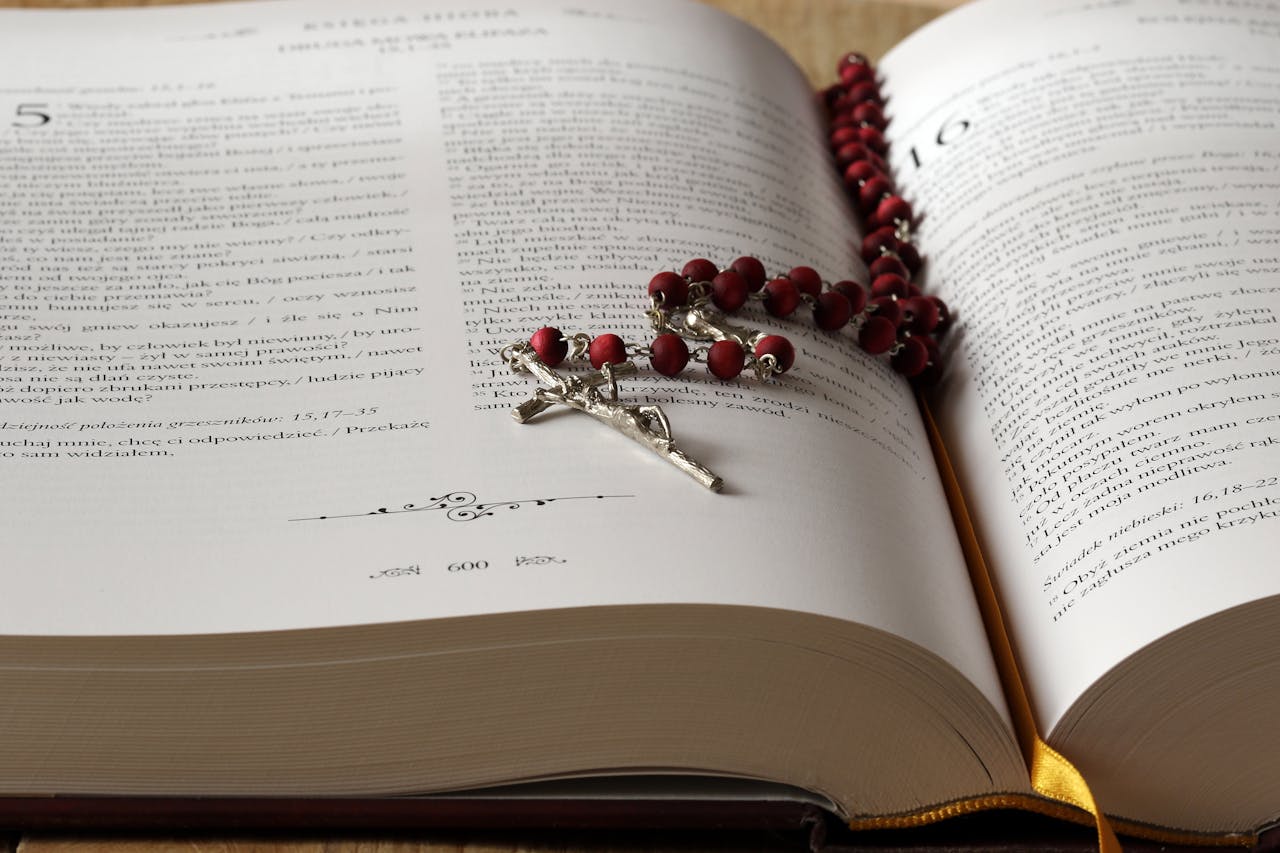
What is the Rosary?
Learn about the Rosary and how to get the most out of it.
The Joyful Mysteries
Your virtual Rosary with intentions, scripture, and videos to help you pray and meditate on the Jesus’ birth and childhood.
The Luminous Mysteries
Your virtual Rosary with intentions, scripture, and videos to help you pray and meditate on Jesus’ public ministry.
The Sorrowful Mysteries
Your virtual Rosary with intentions, scripture, and videos to help you pray and meditate on Jesus’ Passion and Crucifixion.
The Glorious Mysteries
Your virtual Rosary with intentions, scripture, and videos to help you pray and meditate on Jesus’ Resurrection and Mary’s Queenship in Heaven.
Books and Resources
Download eBooks and watch videos to help you unlock the power of the Rosary.
Are We Happier?
Looking back at the 1990s In the 1997 movie, Contact, the preacher Palmer Joss poses this question in a faux…
The Extraordinary Strength of the Catholic Church
Catholic All-Stars The movie, The Exorcist, is loosely based on the true story of the demonic possession of a boy…
Skipping Mass Makes Life Harder
The Empty Pew Pandemic Within the last week, I came across these articles about changing church attendance patterns and religious…
Accepting the Light Burden of God’s Truth
You Can’t Fight Nature Father Cameron Faller wrote this article about the TV series, Alone, where contestants try to survive…
Three Articles on Faith, Courage, and Prayer
I’m going to give you a small glimpse of how I create content for RosaryMeds. When I read a book,…
The Importance of a Purposeful Life
An Alien World Over my vacation, I read the science fiction novel, Return from the Stars, by Polish author Stanislaw…
